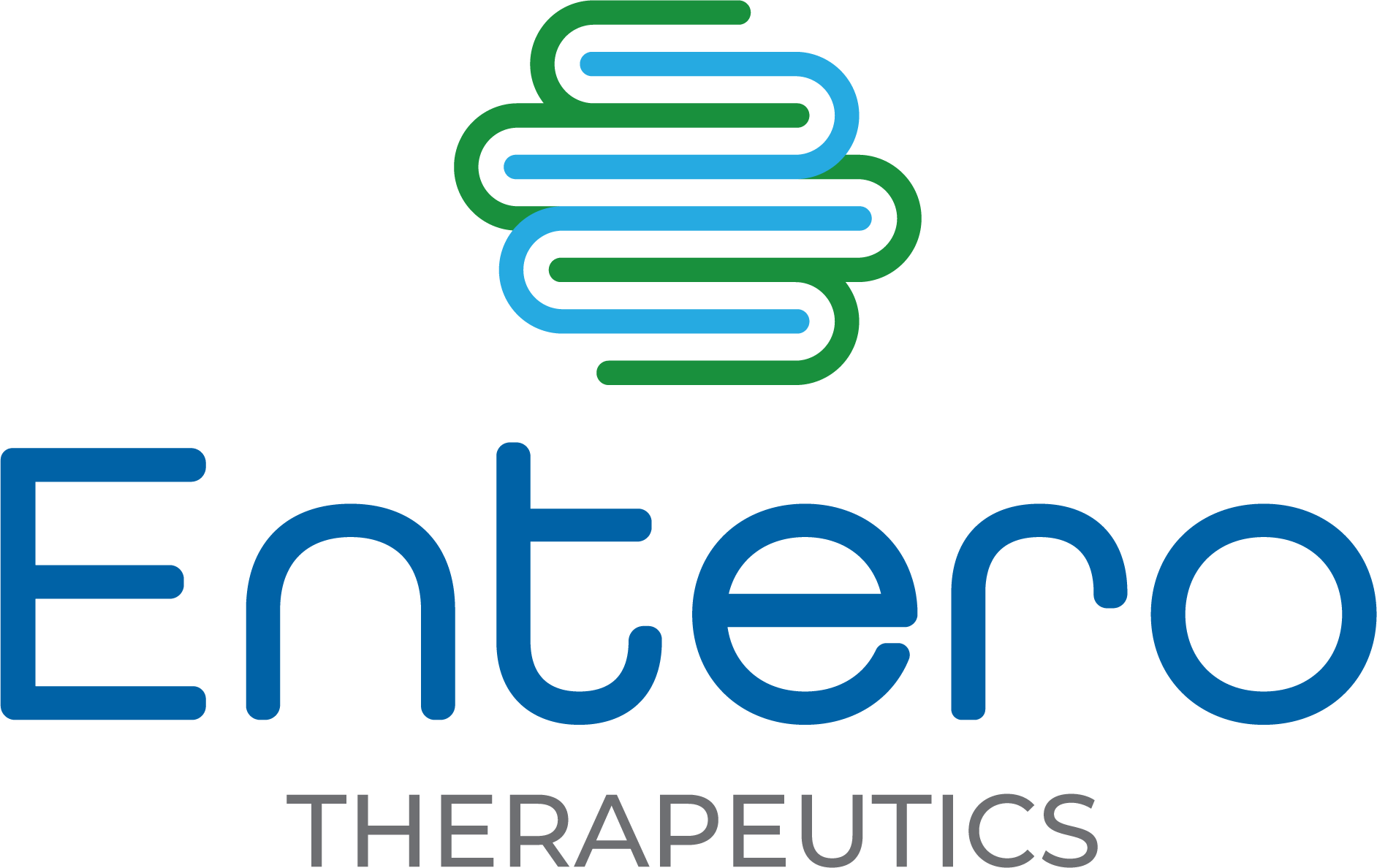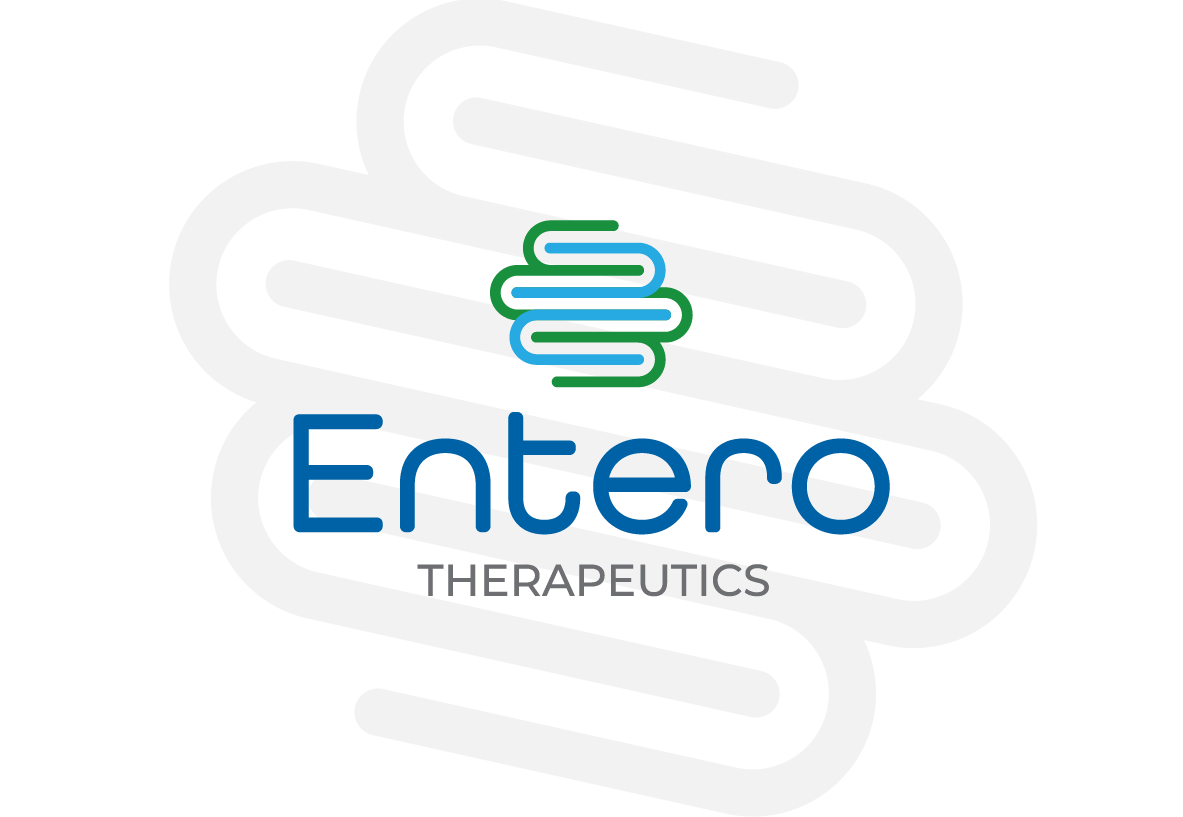Review of Data from Initial 25 Patients Completed with Favorable Recommendation
BOCA RATON, Fla., Nov. 30, 2021 (GLOBE NEWSWIRE) -- First Wave BioPharma, Inc., (NASDAQ:FWBI), (“First Wave BioPharma” or the “Company”), a clinical-stage biopharmaceutical company specializing in the development of targeted, non-systemic therapies for gastrointestinal (GI) diseases, today announced that an independent data monitoring committee (DMC) has recommended that enrollment continue in Part 2 of the ongoing RESERVOIR Phase 2 trial evaluating FW-COV as a treatment for COVID-19-related gastrointestinal (GI) infections. FW-COV is a proprietary, oral, tablet formulation of micronized niclosamide developed to remove SARS-CoV-2 (SARS2), the virus that causes COVID-19, from the GI tract.
The DMC recommendation was based on its review of the safety data collected from the first 25 patients enrolled in Part 2 of the RESERVOIR trial. The review of the data uncovered no safety issues. Part 2 of the study will enroll up to 150 patients.
James Sapirstein, President and CEO of First Wave BioPharma, stated, “The DMC’s review of interim safety data was very positive with no substantive safety issues documented in the initial 25 patients dosed in Part 2 of the RESERVOIR trial. This news comes at a critical time in the COVID-19 pandemic with the rise of the fast-spreading Omicron variant, declared last week by the World Health Organization as a variant of concern. Because niclosamide targets the entire virus, and not just the spike protein, we believe that FW-COV may prove effective against multiple strains of COVID-19 and may provide an effective therapeutic to help millions of COVID-19 patients overcome the debilitating and often overlooked effect the virus can have on the GI system. Based on current timelines and pacing of enrollment, which is strong, we expect to report topline results from the RESERVOIR trial next year, including an assessment of FW-COV’s ability to clear the COVID-19 virus from the GI tract.”
RESERVOIR is designed as a two-part, two-arm, randomized, placebo-controlled Phase 2 study with a primary purpose to confirm the safety of FW-COV and assess the drug’s ability to remove the SARS-CoV-2 (SARS2) virus from the digestive tract. Patients enrolled in Part 2 of the study are randomized to receive either niclosamide or a placebo treatment for 14 days. After 14 days, patients will cease treatment but remain under observation for up to six weeks, with additional follow-up observations at 4 month and 6-months to assess persistence or recurrence of symptoms. The efficacy of FW-COV is measured by the rate of SARS2 clearance from stool samples assessed by PCR test, comparing the niclosamide arm and the placebo arm. Long-term observation could indicate whether niclosamide treatment has the potential to prevent “long haul” COVID-19 symptoms.
James Pennington, M.D., Chief Medical Officer of First Wave BioPharma, commented, “Despite vaccination campaigns and booster shots, COVID-19 and its growing family of dangerous variants continue to spread, and the virus’ lingering effects have developed into a major medical issue for millions of people. Research suggests SARS2 may form reservoirs in the GI tract and cause illness long after the abatement of the initial infection. Early data demonstrated that our micronized oral niclosamide therapy is well tolerated, and we believe that FW-COV may have the ability to remove these viral reservoirs from the GI tract, adding a much needed drug to the COVID treatment regimen.”
Additional information about the RESERVOIR trial can be found at www.covidgi.com and on ClinicalTrials.gov.
About COVID-19 Gastrointestinal Infections
Gastrointestinal infection symptoms (severe diarrhea, vomiting and abdominal pain) have been reported in approximately 18% of COVID-19 cases1 and it is estimated that approximately 43% of all COVID patients may have the virus present in their GI tracts.2 Of the 48 million individuals who are reported to have contracted COVID-19 in the U.S.,3 this would translate into over 8 million patients having GI infection with symptoms. Of the 260 million cases reported globally,4 it would translate into almost 47 million patients with GI infection symptoms. Furthermore, approximately 10% of patients who were infected with COVID have persistent symptoms months after their initial diagnosis.4 Approximately 86% of these COVID “long haulers” are reported to have GI infection symptoms, with 60% continuing to have diarrhea months after their initial infection.5 There is some evidence to support the view that the GI tract is a possible reservoir for recurrence and fecal spread of the COVID-19 virus as ACE-2, the entry receptor for COVID-19, is highly expressed on GI cells. There currently is no targeted treatment for COVID GI infections.
About Niclosamide
Niclosamide is a prescription small molecule drug listed as an essential medicine by the World Health Organization (WHO). Niclosamide has been safely used on millions of patients for other clinical indications. In the U.S., niclosamide was approved by the U.S. Food and Drug Administration (FDA) in 1982 for the treatment of intestinal tapeworm infections. In addition to its antihelminthic activity, niclosamide has demonstrated anti-inflammatory and anti-viral properties. There remains an urgent need to develop new medicines that can be manufactured at large scale quickly to treat COVID-19. Niclosamide was recently identified by the Institut Pasteur Korea as a potent inhibitor of SARS-CoV-2, the virus causing COVID-19, with potency 40X greater than remdesivir.6 Additionally, emerging evidence confirms the severe GI-related complications of COVID and potential fecal spread of the virus. The Company’s clinical trials may establish that patients treated with an oral and non-systemic niclosamide formulation that delivers high local GI concentrations have decreased viral load and GI-associated symptoms of COVID. Importantly, the manufacturing process for niclosamide can be scaled up to supply large populations quickly.
FW-COV
FW-COV is a niclosamide based small molecule which the Company’s clinical trials may establish has anti-viral activity that is effective for the treatment of SARS-CoV-2 (COVID-19) gastrointestinal infections. FW-1022 is anticipated to be supplied as an oral immediate release tablet. The formulation to be used has been milled (micronized) to allow superior dissolution in the gut fluids. This in turn may allow local niclosamide concentrations to reach anti-viral levels. Thus, FW-COV has the potential to benefit COVID patients by decreasing viral load in the GI tract, treating infection symptoms and preventing transmission of the virus through fecal spread.
About First Wave BioPharma, Inc.
The Company is a clinical-stage biopharmaceutical company specializing in the development of targeted, non-systemic therapies for gastrointestinal (GI) diseases. The Company is currently advancing a therapeutic development pipeline populated with multiple clinical stage programs built around its two proprietary technologies – niclosamide, an oral small molecule with anti-viral and anti-inflammatory properties, and the biologic adrulipase, a recombinant lipase enzyme designed to enable the digestion of fats and other nutrients. The Company’s niclosamide portfolio is led by two clinical programs in Phase 2 clinical trials: FW-COV, for COVID-19 gastrointestinal infections and FW-UP, for ulcerative proctitis (UP) and ulcerative proctosigmoiditis. Three additional indications of niclosamide, FW-ICI-AC, for Grade 1 and Grade 2 Immune Checkpoint Inhibitor-associated colitis and diarrhea in advanced oncology patients, FW-UC (ulcerative colitis) and FW-CD (Crohn’s disease) are expected to enter the clinic in 2022 and 2023. The Company is also advancing FW-EPI (adrulipase) for the treatment of exocrine pancreatic insufficiency (EPI) in patients with cystic fibrosis and chronic pancreatitis. The Company is headquartered in Boca Raton, Florida. For more information visit www.firstwavebio.com.
Forward-Looking Statement
This press release may contain certain statements relating to future results which are forward-looking statements. It is possible that the Company’s actual results and financial condition may differ, possibly materially, from the anticipated results and financial condition indicated in these forward-looking statements, depending on factors including whether results obtained in preclinical and nonclinical studies and clinical trials will be indicative of results obtained in future clinical trials; whether preliminary or interim results from a clinical trial will be indicative of the final results of the trial; the size of the potential markets for the Company’s drug candidates and its ability to service those markets; the effects of the First Wave Bio, Inc. acquisition and its announcement on the Company’s business, operating results and financial prospects; the integration of the First Wave Bio, Inc. business with the Company’s own business; and the Company’s current and future capital requirements and its ability to raise additional funds to satisfy its capital needs. Additional information concerning the Company and its business, including a discussion of factors that could materially affect the Company’s financial results are contained in the Company’s Annual Report on Form 10-K for the year ended December 31, 2020 under the heading “Risk Factors,” as well as the Company’s subsequent filings with the Securities and Exchange Commission. All forward-looking statements included in this press release are made only as of the date of this press release, and we do not undertake any obligation to publicly update or correct any forward-looking statements to reflect events or circumstances that subsequently occur or of which we hereafter become aware.
For more information:
First Wave BioPharma, Inc.
777 Yamato Road, Suite 502
Boca Raton, FL 33431
Phone: (561) 589-7020
Media contact:
Tiberend Strategic Advisors, Inc.
David Schemelia
(609) 468-9325
References:
1 Gut Journal: Vol 69, Issue 6: 2020; JAMA Network: Vol 3, Issue 6: 2020; Lancet Gastroenterol Hepatol: Vol 5, Issue 5: 2020; Cheung Gastroenterology: Vol. 159, Issue 1: 2020.
2 Wong, M, et. al. “Detection of SARS-CoV-2 RNA in fecal specimens of patients with confirmed COVID-19: A meta-analysis”. Journal of Infection 81 (2020) e31-e38; Doorn, A. “Systematic review with meta-analysis: SARS-CoV-2 stool testing and the potential for faecal-oral transmission.” Alimentary Pharmacology & Therapeutics. 2020: 52:1276-1288.
3 New York Times. (11/26/21) https://www.nytimes.com/interactive/2021/world/coronavirus-maps.html
4 Rubin, R. “As their numbers grow, COVID-19 “Long Haulers” Stump Experts”. https://jamanetwork.com/journals/jama/fullarticle/2771111 September 23, 2020.
5 Davis, et al. “Characterizing Long Covid in an International Cohort: 7 Months of Symptoms and their Impact”. https://www.medrxiv.org/content/10.1101/2020.12.24.20248802v2.full.pdf
6 Jeon S, Ko M, Lee J, Choi I, Byun SY, Park S, Shum D, Kim S. 2020. Identification of antiviral drug candidates against SARS-CoV-2 from FDA-approved drugs. Antimicrob Agents Chemother 64:e00819-20. https://doi.org/10.1128/AAC.00819-20.


